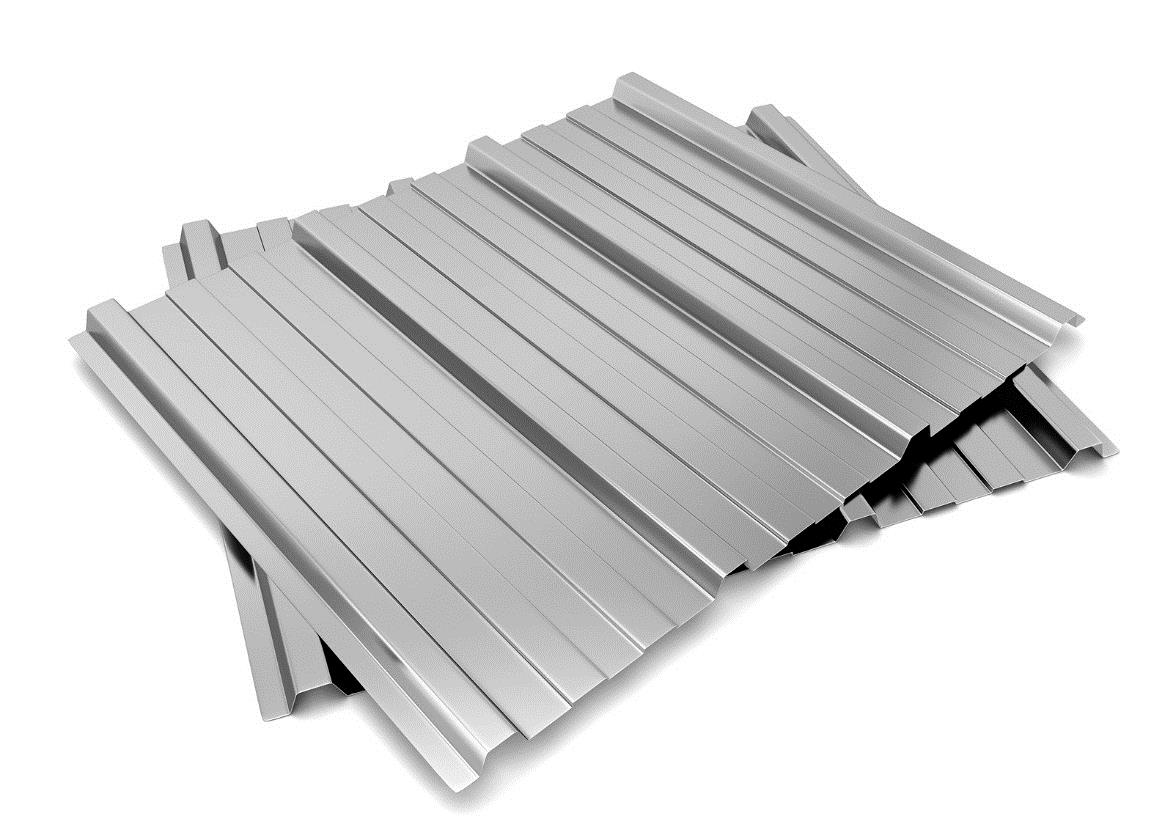If you are looking for brass or bronze materials, you may be taking a closer look at the different types of metal on the market. There are two types of metal, ferrous and non-ferrous. Ferrous metal contains iron while non-ferrous does not.
There are also different metal compositions, such as pure metals and metal alloys. With sheet metal suppliers offering so many different options, you may struggle to find the right choice for your needs. The following points will help you make a more informed decision about which metal to purchase.
Strength
Some metals, such as gold, may be very soft or malleable. Others, such as steel and iron, are not. Each metal has a different strength level, and you may find that your specific needs make one option far more suitable than others. Consider how malleable you need the metal to be or if strength is a primary factor, and this will help you to narrow down the options.
Rust Resistance
Some applications for metal sheets or square metal tubing puts the metal in an outdoor environment where it may be exposed to moisture or high levels of humidity. In other cases, an indoor environment or use may expose the metal to water. Ferrous metals, including alloys that are made in part with iron, generally rust when they are exposed to water.
Therefore, if you expect the metal to come in contact with moisture, dampness or high levels of humidity, it is best to choose a non-ferrous metal or metal alloy. Rust can negatively impact the structural integrity of the metal, as well as its appearance.
Choosing the right metal for your needs is not a matter to take lightly. These are only a few factors that you want to pay attention to. Other factors, such as the weight of the material, its malleability, the heat rating, and more should also be taken into consideration when selecting the right type of sheet metal or metal tubing for your needs.
Sources:
Metals Buyer Guides, metals.about.com
A Beginner’s Guide To Precious Metals, www.investopedia.com


